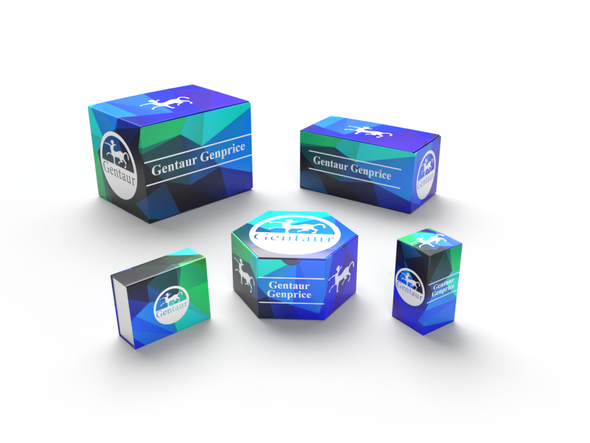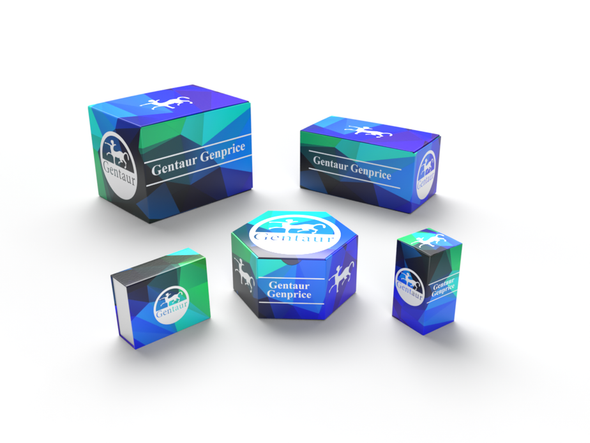Description
Chk1 (Ab 317) Antibody | 79-324 | Gentaur UK, US & Europe Distribution
Host: Rabbit
Reactivity: Human, Mouse
Homology: N/A
Immunogen: Chk1 (Ab-317) antibody was raised against a peptide sequence around aa.315~319 (S-S-S-Q-P) derived from Human Chk1.
Research Area: Cell Cycle
Tested Application: WB, IHC
Application: Western Blot: 1:500~1:1000, Immunohistochemistry: 1:50~1:100
Specificiy: This antibody detects endogenous level of total Chk1 protein.
Positive Control 1: N/A
Positive Control 2: N/A
Positive Control 3: N/A
Positive Control 4: N/A
Positive Control 5: N/A
Positive Control 6: N/A
Molecular Weight: 56 kDa
Validation: N/A
Isoform: N/A
Purification: Antibodies were purified by affinity-chromatography using epitope-specific peptide.
Clonality: Polyclonal
Clone: N/A
Isotype: N/A
Conjugate: Unconjugated
Physical State: Liquid
Buffer: Antibody supplied in phosphate buffered saline (without Mg2+ and Ca2+) , pH 7.4, 150mM NaCl, 0.02% sodium azide and 50% glycerol.
Concentration: 1 mg/mL
Storage Condition: Store antibody at -20˚C for up to one year.
Alternate Name: CHK1, PKCB, PRKCB1, CHEK1
User Note: N/A
BACKGROUND: Chek1 is a protein kinase that inhibits mitotic entry after DNA damage, required for the DNA damage checkpoint and is strongly similar to murine Chek1. Checkpoint pathways control the order and timing of cell cycle transitions and ensure that critical events, such as DNA replication and chromosome segregation, are completed with high fidelity. The mouse and human proteins share 90% sequence identity through the protein kinase domains. The sequence of the 476-amino acid human Chek1 protein is 29%, 40%, and 44% identical to those of the fission yeast Chek1, C. elegans Chek1, and Drosophila 'grapes' (Grp) proteins, respectively. Chek1 is expressed ubiquitously as an approximately 2.4-kb mRNA, with the most abundant expression in thymus, testis, small intestine, and colon. The protein has altered mobility when isolated from cells treated with ionizing radiation, indicating that Chek1 is modified in response to DNA damage. In vitro, Chek1 directly phosphorylates a regulator of CDC2 tyrosine phosphorylation, CDC25C. In response to DNA damage, Chek1 phosphorylates and inhibits CDC25C, thus preventing activation of the CDC2-Cyclin-B complex and mitotic entry






